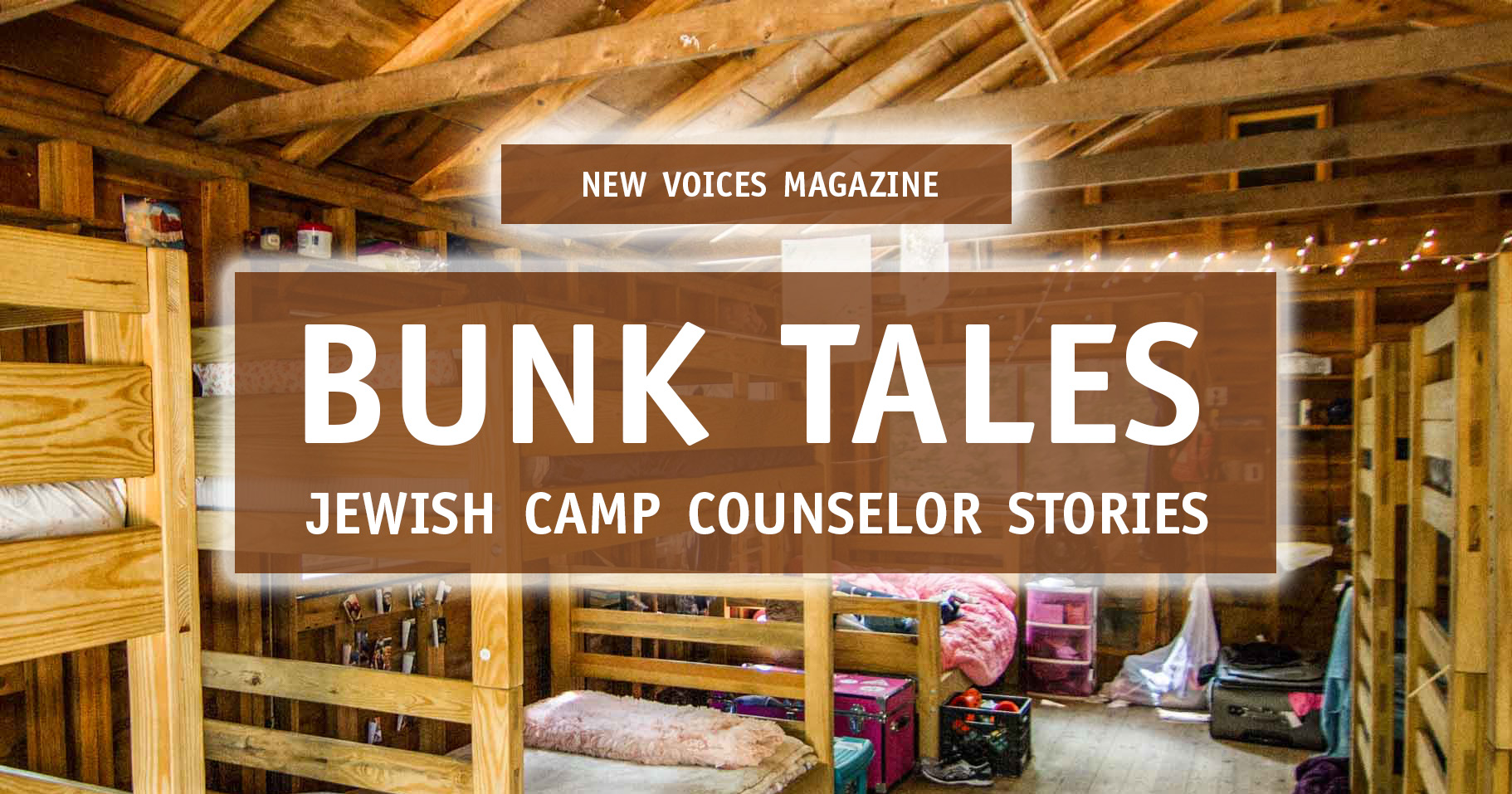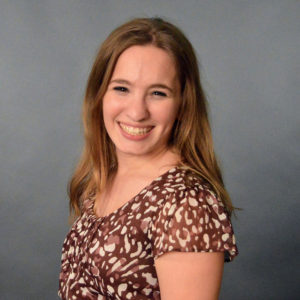“Do you want me to turn off the light?” I heard one of my campers say as I vaguely recognized the fact that the side door of the cabin had creaked open. I made some sort of gesture of thanks, and then fell back into my half awake, half asleep state. But in that moment I realized the beauty of these kids who I was taking care of, doing their best to take care of me.
Let me back up. I have an incredibly unpredictable chronic illness that tends to be episodic. Throughout the spring and summer of 2017, I stopped being able to eat solid food. These issues hit their peak in the last two weeks of the camp summer of 2017.
When the four week session started, I had asked for an extra hour off, but, having internalized the idea of being the “supercrip “, the disabled girl who kept fighting to help others no matter what I was dealing with, I refused to go home. As one may assume, I was quite weak.
Looking back at my journals from that summer, there were three things that kept me going: First, one of the doctors found a protein powder that I could actually tolerate. That was a practical solution. Second, my faculty had supported me—one grounded me after I vomited, one left camp to get me food that I was able to eat, and another made me feel so much less alone. They supported me through it all.
Last, but not least, the campers I had that summer completely changed my life by reflecting my own fears back at me. One camper with chronic pain was scared of being an outcast due to her illness. So was I. Another was ashamed to let me see what she had been through because she saw it as a form of weakness. So was I. Some of them felt abandoned by medical professionals and support staff. So did I.
My kids and my faculty taught me that I am no less of a person because I am disabled. I am not alone in being disabled, and I am able to help others because of my disability not in spite of it. That summer, I worried that my rabbis, my bosses, my kids, would think less of me because of my disability. But that was not the case.
If you are worrying that you are not “good enough” because of some limitation that you cannot control, whether it be a disability like me or something else, please remember this: You are worthy of love and care from those around you no matter what you can and cannot do. The people who really care about you will meet you where you are. You are never alone, and help may present itself from the places that you least expect it.
Click here to read more Bunk Tales stories or click here to visit the Bunk Tales Project landing page.

